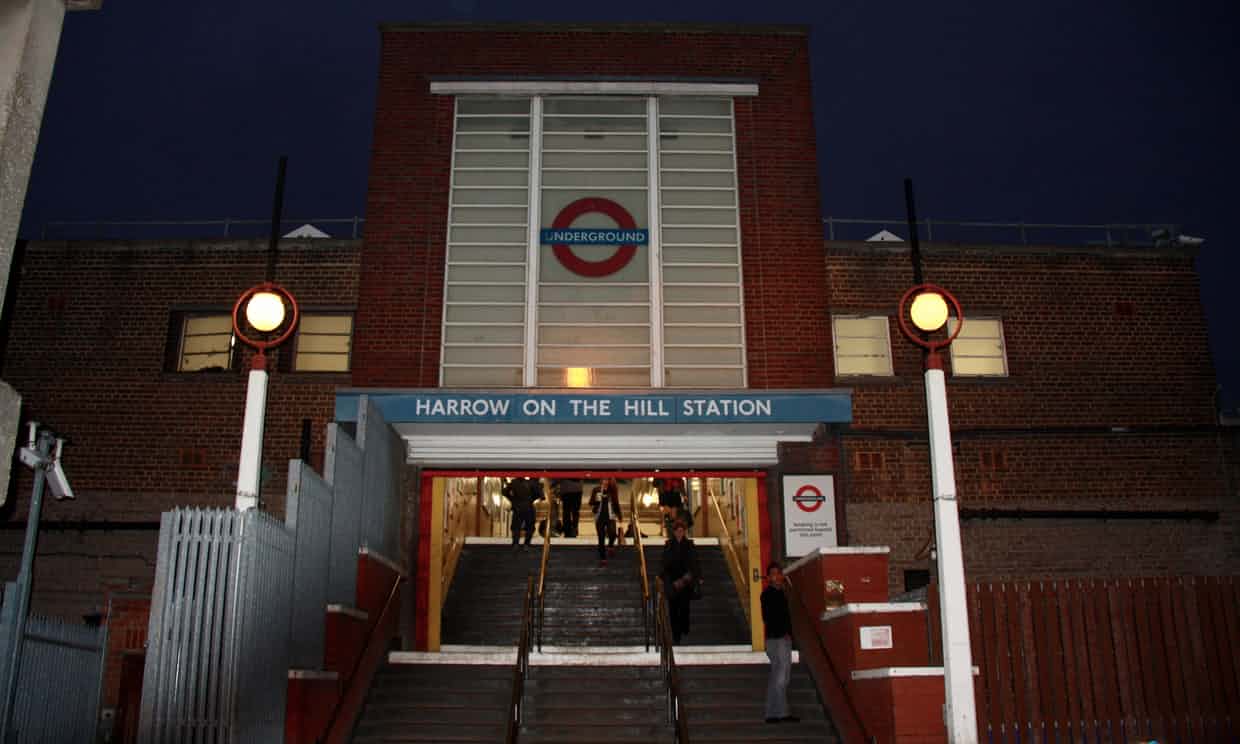Harrow West: 'people think saying they will vote Tory makes them look bad'
Monday 29th May 2017,
, Photograph: Graeme Robertson for the Guardian
Sarah had driven down from Edinburgh listening to the radio, the day seven Harrow West voters were brought together in a Wembley hotel room for a focus group. On air, all the talk had been of the Labour manifesto; one could imagine Sarah sitting in her car nodding in agreement as she headed south. Taxing people for earning more than £80,000 seemed reasonable to her. Things had swung too far the wrong way, she thought. It was time to “make things fairer”. Debbie, another member of the group, was broadly in agreement. “We need to show people we care about them,” she said. The other five people all had their say. But it was Sarah and Debbie who set the tone.
Jeremy Corbyn has defied his critics to become Labour’s best hope of survival
Monday 22nd May 2017,
, Photograph: Justin Tallis/AFP/Getty Images
The late Uruguayan author Eduardo Galeano once expressed his deepest concern that “we are all suffering from amnesia … [that makes us] blind to small things and small people”. Who, I asked him, was responsible for this forgetfulness. “It’s not a person,” he explained. “It’s a system of power that is always deciding in the name of humanity who deserves to be remembered, and who deserves to be forgotten.”
Harrow West: 'Corbyn? People are more likely to raise fly-tipping'
Last April, shortly before Brexit but eight months after Jeremy Corbyn had been made leader of the opposition, Alice Cann, 34, joined the Labour party in Harrow West. “I almost always voted Labour but otherwise wasn’t that aware of all that was going on around politics,” she says. “But Corbyn’s views on the potential of the Labour party and how he wanted to change society matched mine.”
Harrow West: can Labour hold its 'lucky' seat of 20 years?
Friday 12th May 2017,
, Photograph: Graeme Robertson for the Guardian
On election night in 1997, Gareth Thomas, Labour’s 29-year-old candidate for Harrow West, went to the count with two prepared speeches: one if he came second, the other if he came third. Labour had never won this seat; the Conservatives had a 17,800 majority. But in one of the less noted but more remarkable moments that night, the landslide swept him into parliament with a slender majority of 1,240 votes. It was a 17.5% swing – the third biggest of the night.
Harrow West voters: tell us which issues will decide this election
Saturday 6th May 2017,
, Photograph: Dave Hill for the Guardian
In the run-up to the election on 8 June, Guardian journalists will be reporting in-depth on a range of constituencies around the country, with the aim of telling stories about the election that come from beyond the political bubble. As part of that project, Gary Younge will be reporting from the parliamentary constituency of Harrow West.
The Election Could Give Theresa May a Mandate. It Won’t Give Her a Clue.
On April 18, British Prime Minister Theresa May announced her intention to call a general election, ostensibly to gain a mandate for her negotiating strategy for leaving the European Union. The following week, May had dinner with the president of the European Commission, Jean-Claude Juncker, at 10 Downing Street. There, it became clear that even if May gains her mandate, she has no plausible strategy to execute it, merely a delusion of power.
The knife crime crisis is national. The solutions must be local
Monday 1st May 2017,
, Photograph: Diverse Images/Getty Images/Universal Images Group
Black male life expectancy in Washington DC is lower than male life expectancy in Gaza: black infant mortality in America’s capital is worse than in Libya. When Americans complain about the Washington elites they are not referring to the people who live in DC (who are among the poorest in the country and of whom we hear precious little) but the concentration of wealth and influence in that city.







